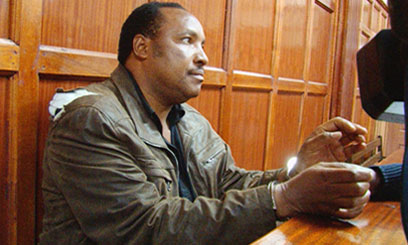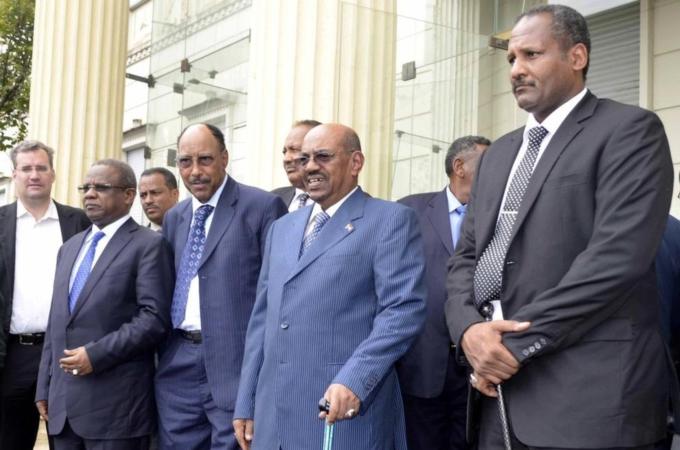By Ryan Aliman
Impunity Watch Reporter, Africa
NAIROBI, Kenya – On Thursday, Assistant Minister for Water and Irrigation, Ferdinand Waititu was suspended from his government office after the Kenyan court charged him with hate speech, along with inciting ethnic violence.

The charges were rooted in a statement Waititu gave to Kayole residents — most of whom belong to a lower-class residential area in Nairobi — where he encouraged them to evict members of the Maasai tribe. “All Maasais must leave; they are from Tanzania and without identification cards …. We do not want Maasais in Kayole,” he told the community.
Waititu’s statements were directed at Kayole residents who were protesting the alleged killing of a man by security guards thought to be Maasai. These protests eventually led to a full-scale ethnic riot, leaving at least two people dead. According to prosecutors, conflict between the non-Maasai and the Maasai further escalated as a result of Waititu’s statements.
As argued by prosecutor Lilian Obuo, “the utterances made by [Waititu] incited communities … and caused the crowd to hunt for the Maasai people.” “The words were calculated to bring violence to the Maasai community working in Kayole,” she added.
In his defense, Waititu said his statement was misinterpreted. According to him, he was merely referring to the security guards in particular. He claimed that it was only incidental that these security guards were from Tanzania and were Maasai. He did not intend to incite violence against the Maasai people. “When I used the word Maasai, I saw that it had come out wrongly. I accept that mistake and I apologise. Nobody can claim that they have never made such mistakes, even you, in your house, your tongue does slip, and that’s very normal,” Waititu said to the press on Tuesday. In addition to his apology, he insisted that “nobody was hurt” after his comments. The chaos already took place before his remarks and it was even him who quelled the turmoil when he visited Kayole, he argued. Waititu asserted that blaming him for the unrest was “all politics.”
The day after his suspension and subsequent arrest, however, Waititu was released after depositing a 1 million KES bond. The Director of Public Prosecution (DPP) disagreed with the Kenyan court’s decision to grant his bail. The DPP objected on the ground that because he is a “serial offender”, it is likely that he will abscond. Waititu has reportedly refused to honor previous police summons.
For further information, please see:
Bernama – Kenyan Assistant Minister Suspended for Making Hate Speech – 28 September 2012
Capital FM News – Waititu pays Sh1m cash for freedom – 28 September 2012
Al Jazeera – Kenyan minister suspended for hate speech – 27 September 2012
Capital FM News – Kibaki suspends Waititu as assistant minister – 27 September 2012
BBC News – Kenya MP Ferdinand Waititu accused of ‘hate speech’ – 25 September 2012



